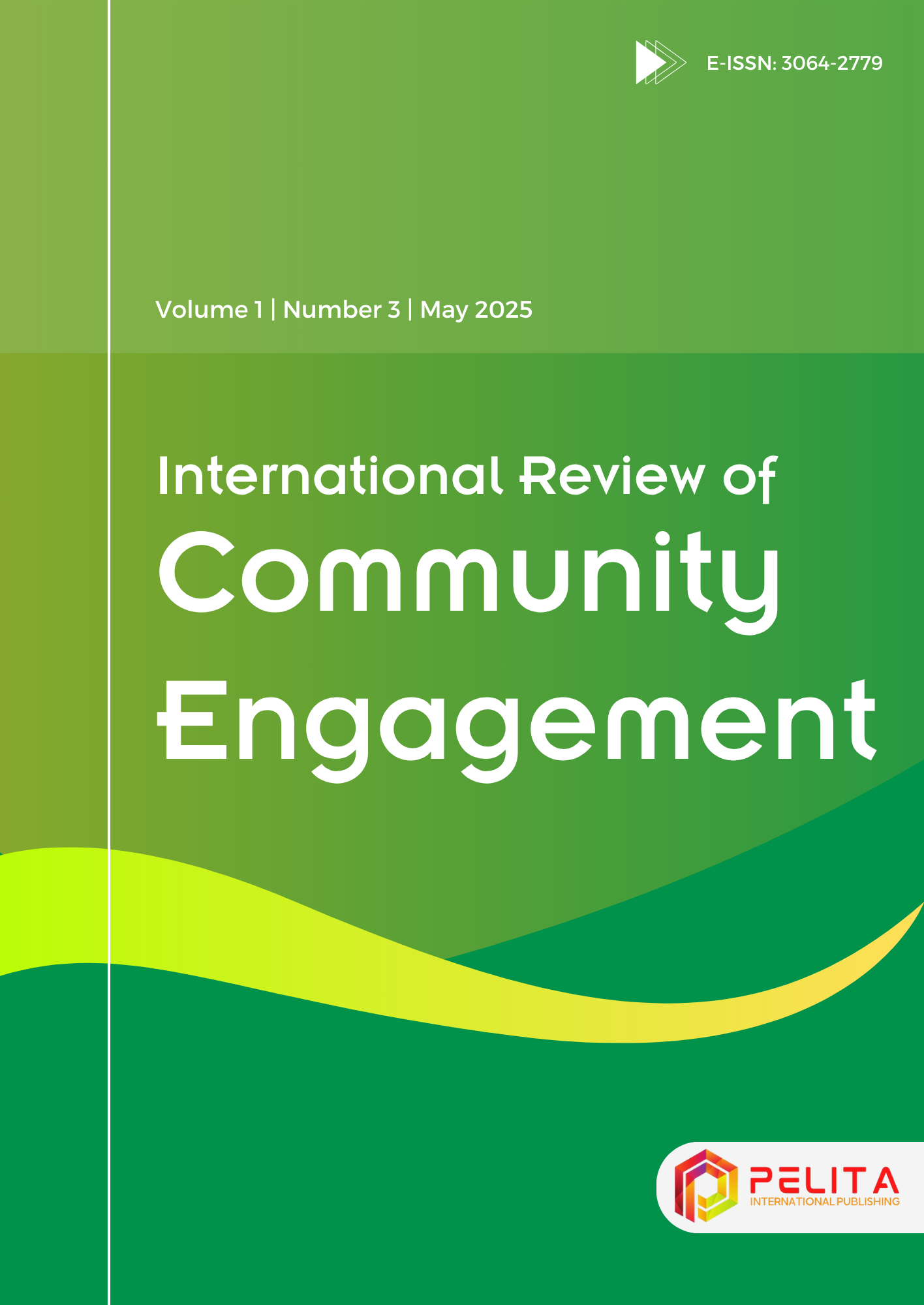
The role of local government in reducing rural poverty: Achieving SDG 1 in Aceh Singkil Regency
DOI:
10.62941/irce.v1i3.169Abstract
Poverty in rural areas is a major challenge in development, including in Aceh Singkil Regency. This article aims to analyze the role of local governments in reducing poverty rates as part of achieving Sustainable Development Goal (SDG) 1, which is the elimination of poverty in all its forms. Using a qualitative descriptive approach, this study evaluates policies, programs, and challenges faced in the local context. The findings indicate that initiatives such as rural infrastructure development, strengthening the local economy through SME empowerment, and vocational training have had a positive impact on poverty alleviation. However, budget constraints, geographical challenges, and limited cross-sectoral collaboration remain significant obstacles. This article emphasizes the importance of a synergistic approach between the government, private sector, and community to create inclusive and sustainable solutions. These findings are expected to serve as a strategic guide for policymakers in their efforts to reduce poverty rates in the rural areas of Aceh Singkil.
Keywords:
Rural poverty rural development SDG 1 local government government policyLicense
Copyright (c) 2025 Maimun, Siti Faiza Zhafira, Vianca Naila Chandra, Putri Azhari, Cut Rahel Amanda, Salman Al Farisy, Irhamna Atthahirah Shadri, M. Luthfi, Muhammad Alfaridho, Fajar Setiawan, Fitri Rahmalija, Remi Kasmizar

This work is licensed under a Creative Commons Attribution-ShareAlike 4.0 International License.









